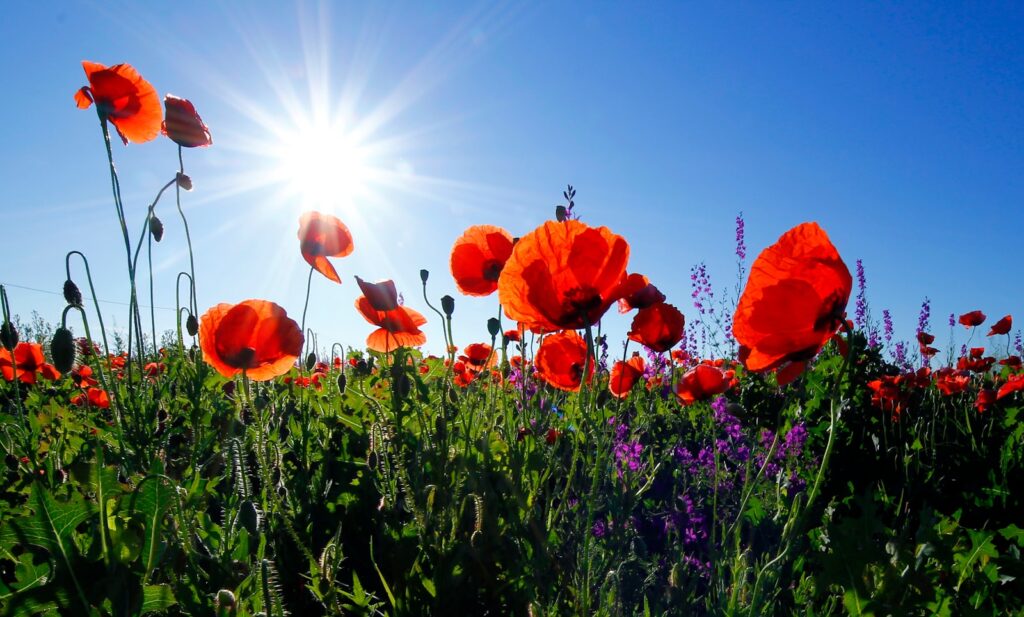The relationship between plants and rubbing alcohol is a complex one. With its inherent properties as an effective contact poison that can eliminate bugs and pests, it’s tempting for gardeners to consider rubbing alcohol as the perfect solution to keep plants healthy. However, many plants are sensitive to this substance, and understanding these nuances can make a significant difference in your gardening or houseplant care routine.
Why do people use rubbing alcohol on plants?
One of the primary reasons rubbing alcohol is commonly used on plants is for its effectiveness as a contact poison against insects and pests. When mixed with water at the correct ratio, rubbing alcohol creates an environment that is fatal for bugs like mealybugs, aphids, and whiteflies. The mixture suffocates the bugs by dissolving the protective waxy layer on their bodies.
Another reason why people use rubbing alcohol on plants is due to its fungicidal properties. Certain fungal infections can be controlled by applying diluted rubbing alcohol using a spray bottle or a cloth.
Potential hazards of rubbing alcohol to plants
Rubbing alcohol, also known as isopropyl alcohol or ethanol, can pose potential hazards to plants when used improperly. Alcohol has the ability to quickly desiccate plant tissues, stripping them of their moisture and leading to damage or even death. Moreover, delicate plants and those with thin leaves are particularly vulnerable to rubbing alcohol.
List of plants sensitive to rubbing alcohol
- Ferns: One of the most sensitive groups of plants to rubbing alcohol are ferns. Their delicate nature and fragile tissue structure make them highly susceptible to the harsh effects of rubbing alcohol. Even a small amount can cause leaf burn and stunting.
- Orchids: Paphiopedilum, Phalaenopsis, and other orchid species are highly sensitive to rubbing alcohol. Although the substance can effectively remove pests, it may also lead to serious injury or death for these exotic plants.
- African Violets: These popular houseplants have fuzzy leaves that are highly sensitive to rubbing alcohol. Direct contact with this substance can result in leaf burn, damage, and potential death.”
Safer alternatives available
If you’re concerned about damaging your delicate plants but still want to protect them from bugs and insects, there are safer alternatives to using rubbing alcohol. One of these options is dish soap mixed with water.
Dish soap, when used at the proper ratio, can create an effective insecticide against many of the same pests as rubbing alcohol. The fatty acids present in dish soap disrupt the exoskeletons of bugs, ultimately killing the pests without harming the plants’ leaves.
How to apply alcohol safely on less sensitive plants
While it’s important to avoid rubbing alcohol on plants that are particularly sensitive, many types can tolerate it if applied correctly. When targeting bugs, it’s essential to remember that alcohol acts as a contact poison. It should be sprayed directly on pests and not just liberally across the plant.
A typical solution involves mixing one part rubbing alcohol with two parts water – although this ratio can be adjusted depending on the resilience of your plant. Also, it’s wise to test this mixture on a small portion of the plant first to ensure it won’t cause harm or stress.
Always remember: hand application is crucial in these situations, making use of cotton balls, q-tips, or small sponges to selectively target the pests.
Final thoughts
As with any other treatment for your plants, moderation and knowing when to limit exposure are vital. All plants differ in their tolerance levels – what may be harmless to one might prove detrimental to another.
While using rubbing alcohol has its advantages, it also poses potential risk if misused or used on the wrong types of plants. Always test a solution on a small part of the plant first, paying close attention to how it responds within 24-48 hours. This conservative approach can spare you the sorrow of damaged or killed plants due to overexposure to this common household item. Always keep learning and improving in your journey as a responsible plant parent.

